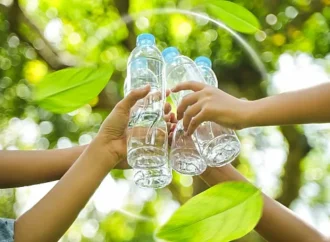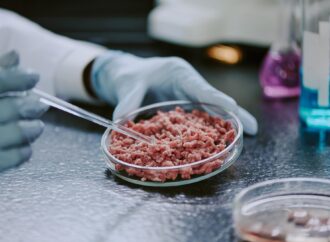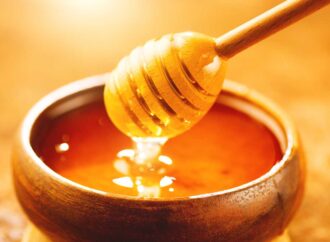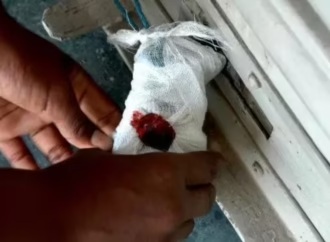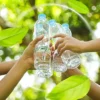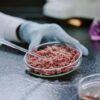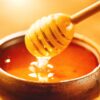Shipwreck Triggers Panic in Coastal Kerala
The sinking of the cargo ship MSC ELSA 3, 38 nautical miles off the Kochi coast, has triggered widespread concern about marine pollution and seafood safety. Authorities imposed a 20-kilometre fishing ban around the shipwreck, severely affecting local fishing communities already facing economic hardship. What was initially seen as a maritime accident has now become a growing environmental and public health concern, with containers reportedly carrying hazardous materials such as calcium carbide drifting ashore and raising alarms across Kerala’s coastline.
“Is Our Fish Safe?”Public Concern Grows
Social media is flooded with speculation about toxic fish entering local markets, leading to panic among consumers. Many fear that fuel or chemicals leaking from the sunken vessel could contaminate marine life. Even small amounts of such pollutants can damage fish health and make them unsafe for consumption. “Just when the sea was showing signs of revival with a good sardine season, this disaster has dealt another blow to marine biodiversity,” said Philip, a fisherman from Vypeen. Fishermen are calling the situation an “undeclared fishing ban”, more severe than the routine monsoon restrictions. “This isn’t just a fishing issue; it affects the entire society,” Philip added.
Hazards from the Deep: Risk to Biodiversity and Ecosystems
Residents and experts warn that chemical leaks from the containers could severely impact fragile marine ecosystems already under stress. Oil and chemical residues can smother fish gills, disrupt their breeding, and contaminate sea floor habitats, threatening both biodiversity and livelihoods.
Charles George, state president of the Kerala Matsya Thozhilali Aikyavedi (TUCI), demanded a comprehensive investigation.
“If reports are true, and containers carried dangerous substances like calcium carbide, we must ask: why were such materials bound for Kochi? The consequences could affect lakhs of coastal residents,” he warned.
CMFRI Launches Environmental Study
In response, the Central Marine Fisheries Research Institute (CMFRI) has launched a multi-district study to assess marine pollution. Teams are collecting water, sediment, and biological samples from 10 locations in Ernakulam, Alappuzha, Kollam, and Thiruvananthapuram. They are analysing pH levels, dissolved oxygen, nutrient content, and the presence of oil and grease. Researchers are also testing benthic organisms and marine species for toxic exposure.
CMFRI Director Dr. Grinson George noted that the monsoon season, which coincides with the breeding period of pelagic fish, increases the risk of long-term ecological damage.
“Marine organisms are highly sensitive to oil. Our study will guide how we respond to this and future incidents,” he said.
CMFRI’s efforts to collect samples directly from the shipwreck site have been delayed by rough seas. Fishing activities remain suspended, preventing access to fish samples. Testing will resume once weather conditions improve.
What Lies Ahead?
CMFRI will submit its findings to regulatory agencies to shape emergency response protocols and future marine safety regulations. In the meantime, authorities are urging the public to rely on verified information and avoid panic-driven decisions about seafood consumption.
Source: The Times of India
 Food Manifest
Food Manifest 